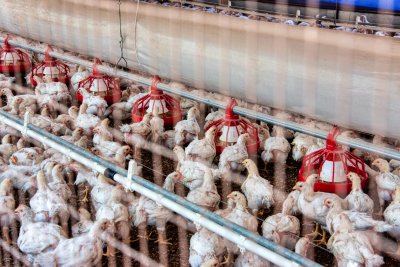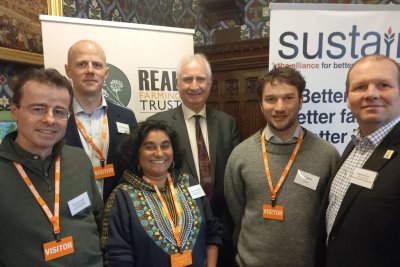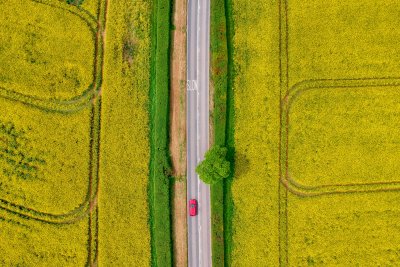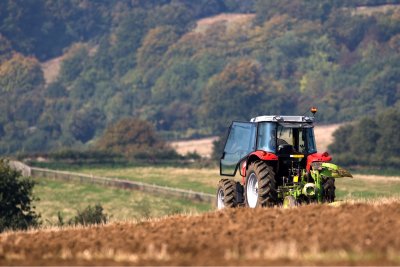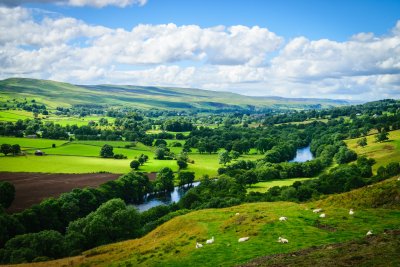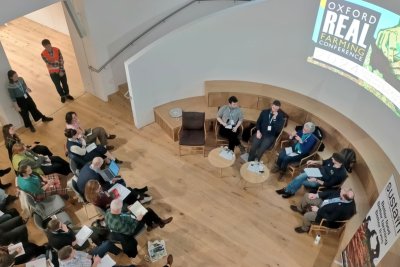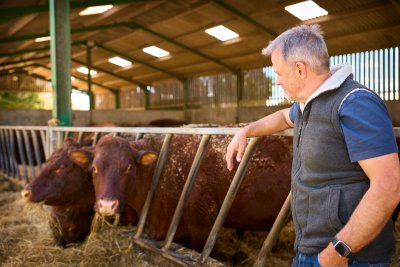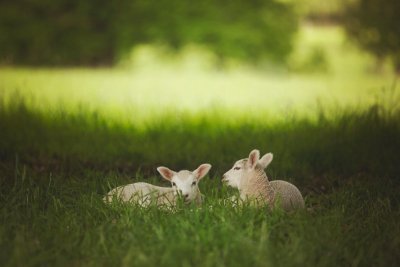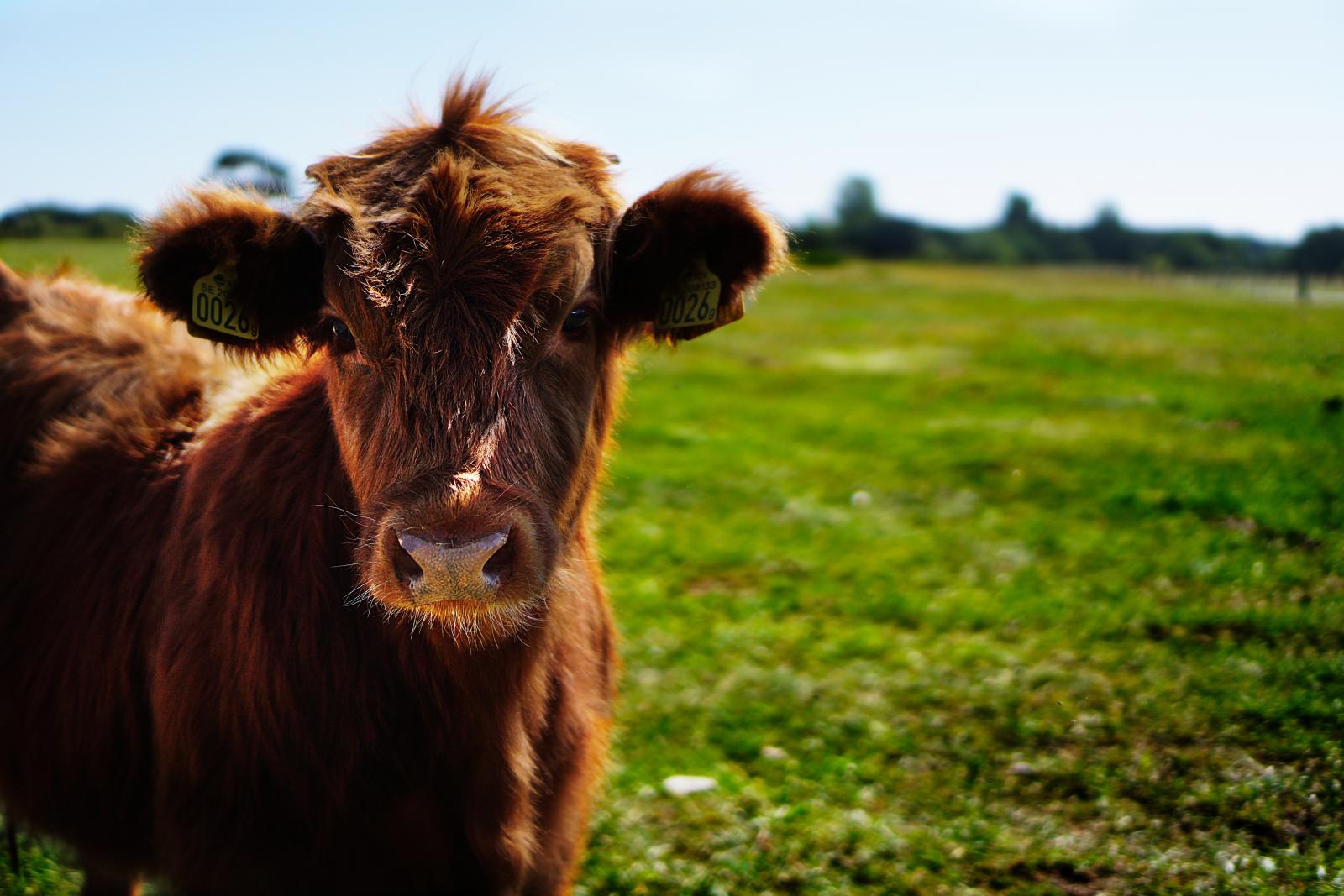 Cattle in a field. Photo credit: Pixabay
Cattle in a field. Photo credit: Pixabay
Grass fed meat can be a solution to climate crisis, not a cause, says PFLA
Sustain member Pasture Fed Livestock Association (PFLA) have published a paper detailing some of the latest research and outlining their view on why 100% grass-fed cattle and sheep can be seen as part of the solution to global heating in the UK, not the problem.
Responding to wide calls within the mainstream media for people to eat less meat for environmental reasons, the PFLA is keen to highlight that not all meat is the same in this regard.
Siting a growing evidence base, the paper says that products coming from animals that are fed only grass and pasture their entire lives and never any grains, can help build soil fertility and capture carbon, encourage wildlife, create high animal welfare and produce healthier meat for consumers to eat.
In the paper PFLA general manager Russ Carrington acknowledges that the way in which some animals are reared has played a part in climate breakdown:
“we do recognise that livestock contribute to climate change. So we have looked into this in detail and published a few answers to common environmental questions raised, based on latest science and research.”
Livestock fed grains including cattle, pigs and poultry, rely heavily on fossil fuels to grow, harvest, process, transport and feed the grain. In contrast, in the UK, largely pasture-fed cattle and sheep rely on existing grasslands and very little use of additional inputs.
The amount of methane cattle and sheep contribute to the atmosphere is often held up as a good reason to eat less meat. But methane emissions are part of the natural carbon cycle and burning fossil fuels and intensive agriculture has disrupted the stabilising effect of this cycle. The scale and approach of less climate-responsible systems do add significantly to global warming but they suggest a move to agro-ecological systems like Pasture for Life, that manages farmland to maximise carbon capture, can help combat it.
The paper concludes with the question: “Can I still eat beef, lamb and cheese and drink milk with a clear conscience if it has come from animals that have been 100% pasture-fed?” Their answer is: “Yes, providing it is labelled with the ‘Pasture for Life’ certification mark, meaning it will have come from animals reared exclusively on a pasture diet with no grains fed at any time.”
You can read the full paper and download a copy.
Climate Change and Nature: Sustain has taken a keen interest in the rapidly accumulating evidence about the effect of food and farming on climate change and nature, as scientific evidence emerges that our food system is a very significant contributor to greenhouse gas emissions and biodiversity loss.
Sustain
The Green House
244-254 Cambridge Heath Road
London E2 9DA
020 3559 6777
sustain@sustainweb.org
Sustain advocates food and agriculture policies and practices that enhance the health and welfare of people and animals, improve the working and living environment, promote equity and enrich society and culture.
© Sustain 2025
Registered charity (no. 1018643)
Data privacy & cookies
Icons by Icons8
